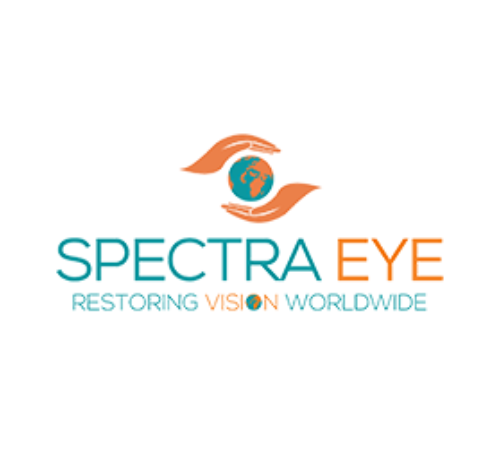Introduction Most people think of eye care as something purely physical—checking vision, getting glasses, or managing eye strain. But your eyes are more than just tools for seeing. They’re closely connected to your brain, and they can even reflect changes in how you think, feel, and function. In recent years, experts have explored the deeper
Introduction
Most people think of eye care as something purely physical—checking vision, getting glasses, or managing eye strain. But your eyes are more than just tools for seeing. They’re closely connected to your brain, and they can even reflect changes in how you think, feel, and function. In recent years, experts have explored the deeper vision and brain connection, revealing surprising insights into how eye health and mental health influence each other.
This article explores how your eyes impact the brain, how vision affects emotional well-being, and why paying attention to your eye health may also support your mental wellness. Whether you’re in Mauritius or anywhere else, understanding this link can help you take smarter steps toward better overall health.
The Science Behind the Vision and Brain Connection
The eyes are often called the “windows to the soul,” but they’re also, quite literally, windows to the brain. The optic nerve connects the eyes directly to the brain’s visual processing center, meaning every image you see has to be interpreted by your brain before you understand it. This deep link is why many neurological or emotional issues can show up as changes in your vision—and why some visual problems can influence how your brain and emotions function.
In fact, over 70% of the brain’s sensory input is related to sight. This makes your visual system one of the most important parts of your central nervous system. When your eyes aren’t working properly, your brain has to work harder, which can lead to irritability, poor focus, or even anxiety.
How Eyes Affect Emotional Well-Being
Your vision plays a key role in how you feel emotionally.
- Vision loss or blurry sight can lead to frustration, low confidence, and even depression.
- Digital eye strain from screen overuse can cause headaches, poor focus, and emotional fatigue.
- Visual overload from bright lights or busy environments can trigger stress, especially in sensitive individuals.
In Mauritius, increasing screen time and strong sunlight make it important to care for both eye and mental wellness.
Eye Health and Mental Health: A Two-Way Street
Your mental state can impact your vision, just as vision problems can affect how you feel emotionally.
- Anxiety may cause blurry or tunnel vision, as stress alters how your brain processes visuals.
- Depression can make the world look duller and slow your eye movements.
- Stress often reduces tear production, leading to dry eyes and irritation.
Paying attention to these signs can help identify deeper emotional or neurological issues early.
Practical Tips to Support Both Eye and Mental Wellness
Supporting both your vision and emotional well-being doesn’t require anything complicated. Here are some simple, practical steps anyone can take:
- Get Regular Eye Exams
Early detection of eye changes can help prevent long-term problems. It also provides clues to your brain and nervous system health. - Follow the 20-20-20 Rule
To reduce digital eye strain, look away from screens every 20 minutes, at something 20 feet away, for 20 seconds. - Use Proper Lighting
Avoid working in dim lighting or overly bright settings. Both can strain your eyes and make it harder for your brain to process visuals comfortably. - Stay Physically Active
Exercise improves blood circulation, which helps both the eyes and brain function more effectively. - Practice Mindfulness
Relaxation techniques like deep breathing, meditation, or yoga can reduce stress and support both mental clarity and visual comfort. - Eat Nutrient-Rich Foods
Leafy greens, fish rich in omega-3s, and foods high in vitamins A, C, and E are great for your eyes and brain.
For residents in Mauritius, where health awareness is increasing, these everyday changes can make a big difference. Access to professional eye care, like at Spectra Eye, can help detect not just vision issues but signs of deeper neurological conditions as well.
Why This Matters
Ignoring vision problems may seem harmless, but it can sometimes delay important treatment for emotional or brain-related conditions. Your eyes can reflect stress, mental fatigue, and even neurological diseases long before other symptoms appear. That’s why it’s important to treat eye care as part of your overall mental wellness plan—not just a separate medical check.
Whether you notice blurry vision, light sensitivity, or just tired eyes, it’s worth checking in. Even small changes might carry a bigger message about your brain or emotional health.
Conclusion
The relationship between eye health and mental health is more important than many people realize. Your eyes don’t just help you see they also reflect how your brain is doing and how you’re feeling emotionally. By understanding the vision and brain connection and how eyes affect emotional well-being, you can make more informed decisions about your health.
If you’re in Mauritius and need expert help to check your vision and better understand your symptoms, consider reaching out to Spectra Eye. Caring for your eyes today supports a healthier, more balanced mind tomorrow.
















